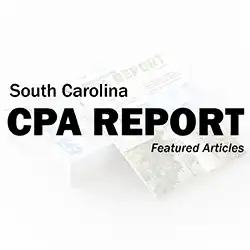This article was originally published at https://cpai.com. The first second of the post is reprinted here with a link to the full article.
The Corporate Transparency Act (“CTA” or “the Act”) took effect on January 1, 2024, and requires “reporting companies” to report information related to the business’ owners, officers, and controlling persons to the Financial Crimes Enforcement Network (“FinCEN”). For more background on the CTA, including which entities are considered “reporting companies” for purposes of the Act, see FinCEN’s Beneficial Ownership Information Page.
A client’s failure to comply with CTA or missing filing deadlines can result in criminal (fines and/or imprisonment) or civil (monetary) penalties. If a client incurs damages related to their noncompliance with the Act, they may blame the CPA and such claims may be significant. If a CPA decides to assist clients with their CTA reporting requirements, understanding the risks presented by the service is a key step in helping to mitigate the risk of a claim. Careful planning and consistent application of risk management techniques may help mitigate potential downsides.
The purpose of this article is to provide information on the professional liability risks to CPAs who have chosen to perform services related to the Act and suggest ways to mitigate those risks. Performing services related to CTA includes risks not typically encountered when performing other services. The CTA is new and limited interpretative guidance is currently available. This article is not intended to provide legal analysis or advice. CPAs are also encouraged to review Risk Alert: Navigating Corporate Transparency Act/Beneficial Ownership Reporting prior to deciding whether or not to perform services related to the CTA.



